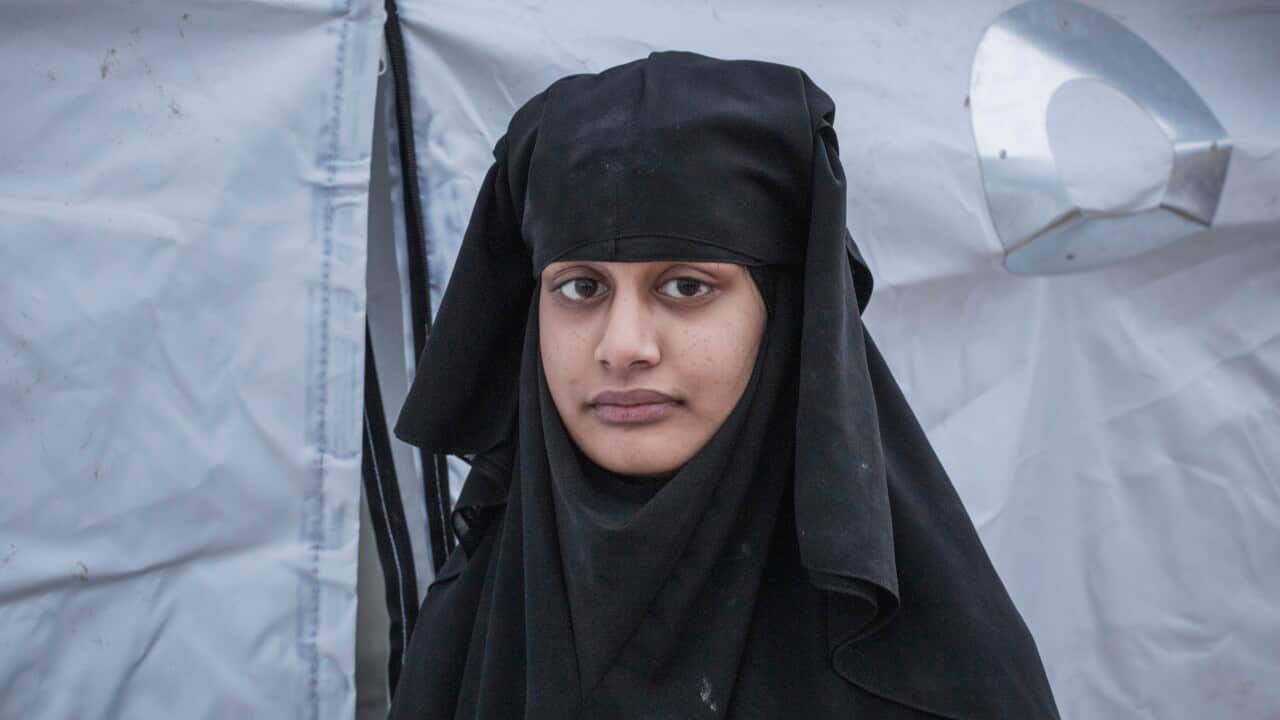
Connect to a World of Difference
Immerse yourself in over 15,000 hours of stories from around the world with SBS On Demand – absolutely free.
With a curated selection of dramas, documentaries, comedies, movies, sport, news and more, available to stream anytime and anywhere.
Create an account to start streaming today.
Free now and Always.
Showing search results for ‘HIV AIDS’
1,080 results found
SBS News
Fight against AIDS threatened
Despite an "inspiring" fight against HIV/AIDS, the UN head says progress will be lost unless there is better investment in prevention programs.
2 min read
2 min read
SBS News
World AIDS Day: How communities have played a critical role in the fight against HIV
The theme of this year's World AIDS Day, which falls on 1 December, is 'communities make the difference'.
6 min read
6 min read
SBS News
New HIV virus discovery could avert next pandemic
AIDS research to be advanced following the discovery of the first new subtype of the HIV virus.
SBS News
Modern AIDS drugs add '10 years' to life
The life expectancy for young HIV-positive people in the US and Europe has risen by a decade, according to research in a UK medical journal.
3 min read
3 min read
SBS Language
Story of a Pashtun pair fighting HIV AIDs
Annual World AIDS Day on December the 1st is an important day to educate people and break down the stigma around HIV and related illnesses. While many view the virus as an epidemic of the 1980s and '90s, almost 37-million people still live with the condition around the world today. Islam Gul Afridi…
SBS News
Second HIV patient cured in major AIDS breakthrough
The case has provided hope that the virus could be eliminated.
4 min read
4 min read
SBS Language
Curing HIV-AIDS by 2030?
Professor Sharon Lewin, director of Peter Doherty Institute of Infection and Immunity, University of Melbourne said " It is unlikely to cure HIV by 2030 but it is feasible to treat HIV positive people and prevent HIV transmition".
SBS Voices
Why I volunteer: meet the people who are helping to end HIV
Every year, ACON recruits volunteers for its Red Ribbon appeal to help raise awareness about HIV and collect funds to support those living with the virus.
5 min read
5 min read
SBS News
Indifference hinders AIDS effort: Geldof
Sir Bob Geldof says indifference and prejudice must be overcome if HIV/AIDS health workers are to secure the funds needed to find a cure.
3 min read
3 min read
SBS Voices
Ending HIV: ACON is calling on volunteers for the Red Ribbon Appeal
“Now is the time for us to work together to free our community from HIV transmission."
3 min read
3 min read
Stream SBS On Demand for free
Stream free

Top stories around SBS
Corporate Information
Help Centre
我们能帮你什么吗?كيف يمكن أن نساعد؟
How do I contact SBS?
我如何联系 SBS? كيف أتصل ب SBS؟
Answers to the most commonly asked questions can be found via the SBS Help Centre.
最常见问题的答案可以通过 SBS 帮助中心找到。لإجابات على الأسئلة الأكثر شيوعاً متوافرة عبر مركز مساعدة SBS.
About SBS
Today, SBS is a modern, multiplatform media organisation with a free-to-air TV portfolio spanning six distinctive channels in SBS, NITV, SBS VICELAND, SBS Food, SBS World Movies and SBS WorldWatch; an extensive radio network providing over 60 communities with services in their own language; and an innovative digital offering, including SBS On Demand, available to audiences anytime and anywhere.






